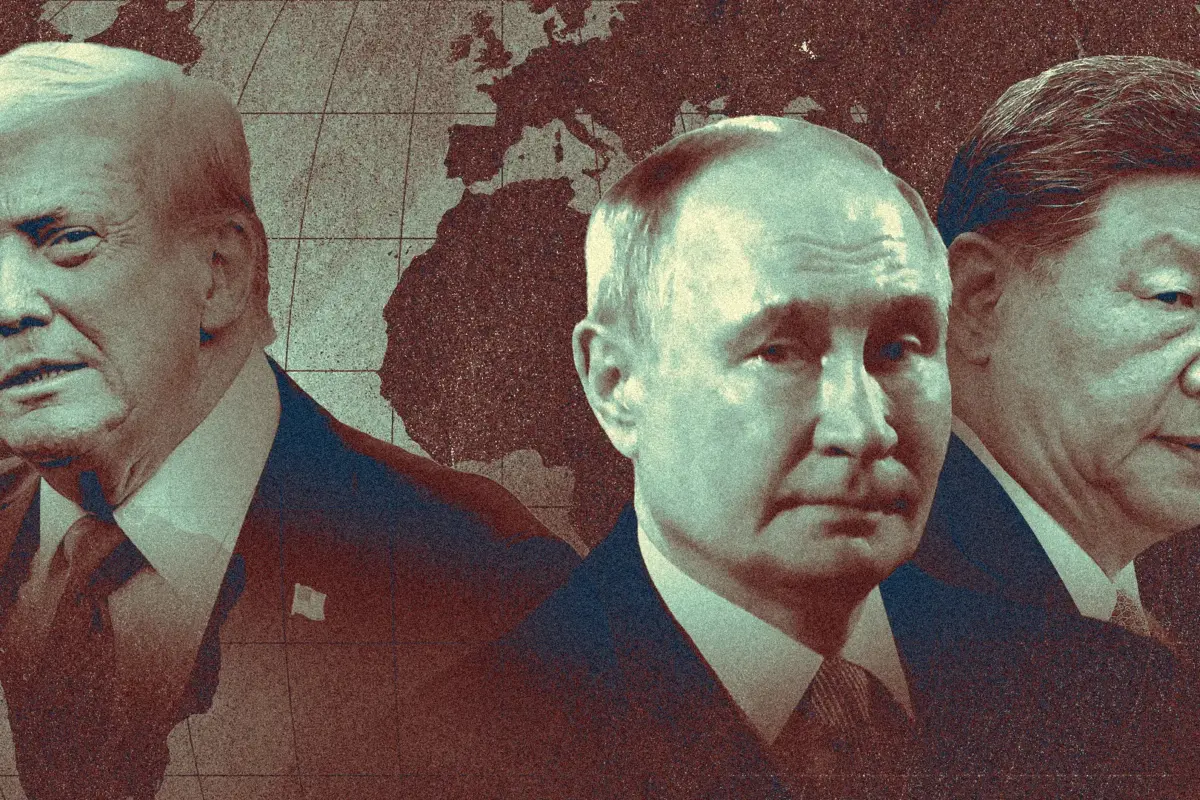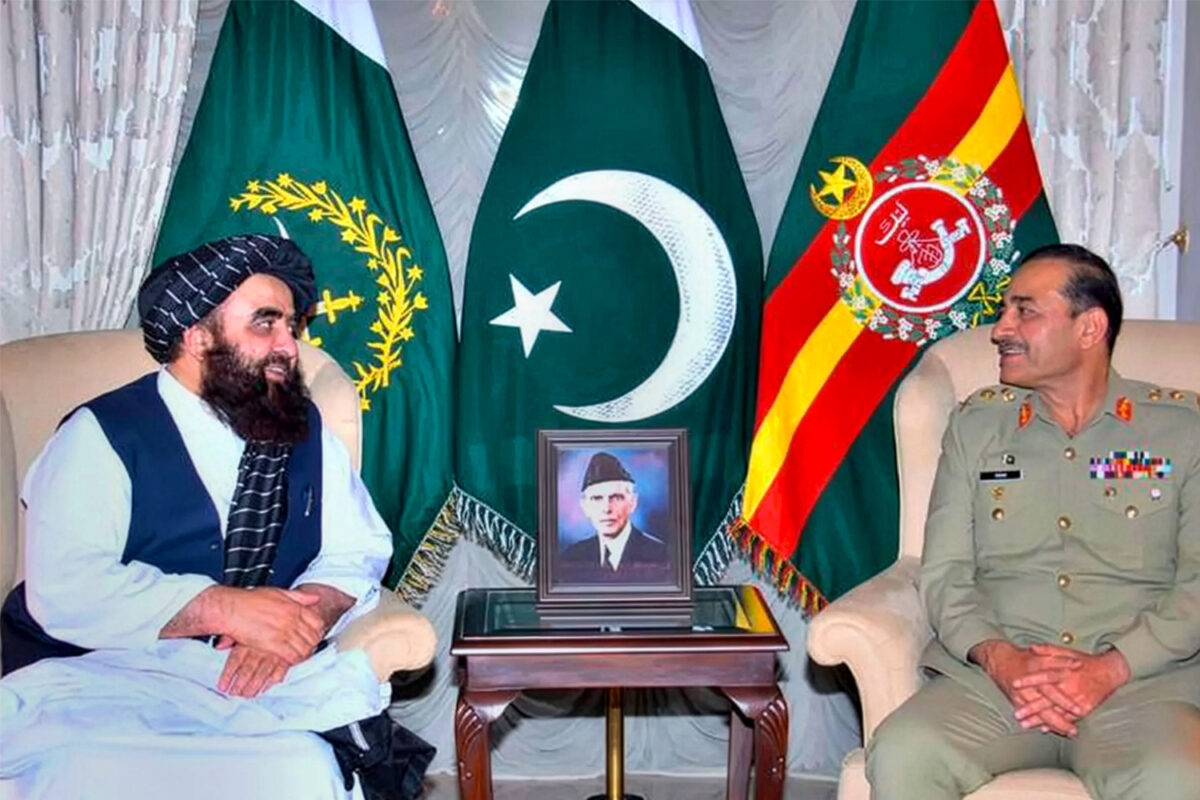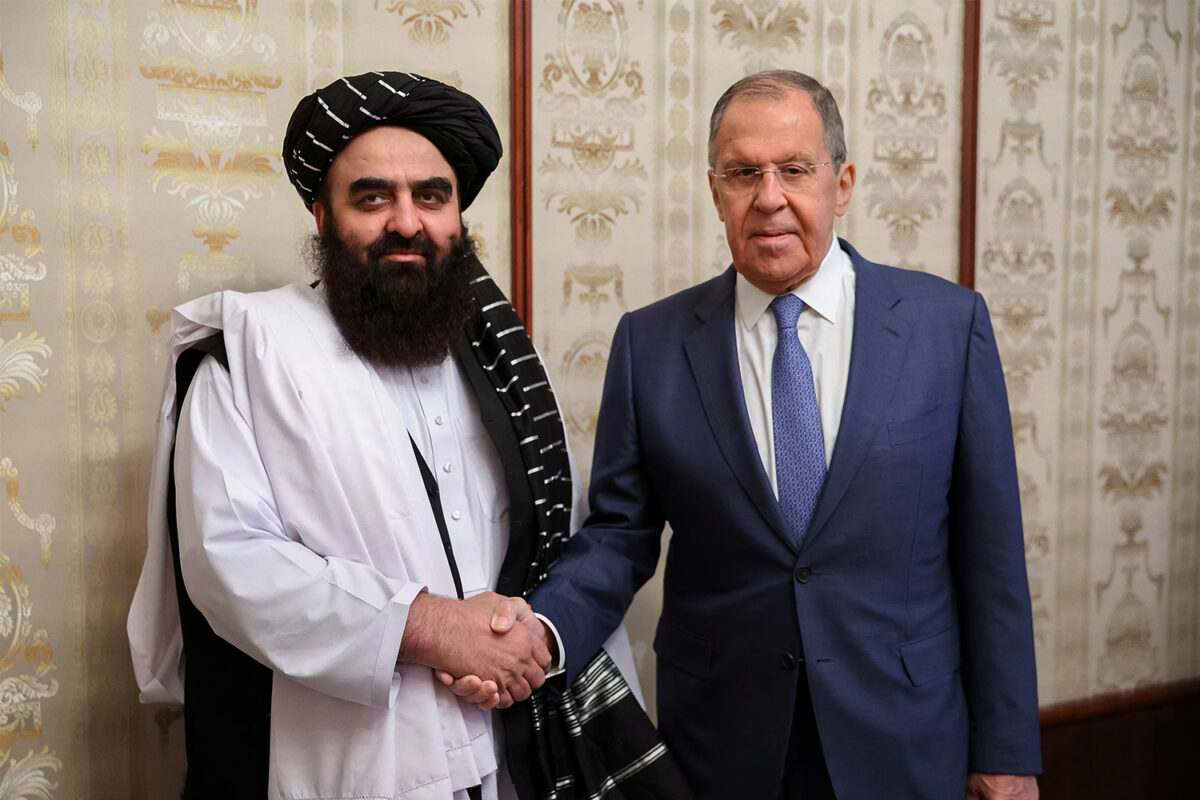With America’s withdrawal from Afghanistan and the Taliban back in power concern is growing about regional and global jihadis being emboldened. Afghanistan’s neighbour – Pakistan is currently governed by a shaky coalition of ineffective politicians and military leaders who are seen to be struggling in containing the challenge of domestic terrorism. The Brookings institution believes: “Pakistan may be the best definition yet of a highly combustible threat that, if left unchecked, might lead to the nightmare of nightmares: jihadis taking control of a nuclear weapons arsenal of something in the neighborhood of 200 warheads.”[1] These claims come on the back of the endless assertions since 9/11 regarding nuclear warfare and Pakistan being a rogue nation.
The Hollywood movie scenario of a terrorist group from south Asia or beyond, stealing a nuclear bomb from a secure facility and then somehow weaponising it is virtually impossible. Aside from setting off numerous alarms and protocols it leaves little opportunity to smuggle a bomb very far. Even if one was stolen, modern nuclear weapons are designed with numerous highly secure and classified safety features, rendering them useless. Whilst nuclear weapons are not all created the same, they range from permissive action links without which the device cannot be armed to configuration that will render the fissile core(s) useless if incorrectly accessed.
The reality of trying to steal a nuclear weapon would require a huge dedication of resources and an immense intelligence effort beyond the reach of almost every terrorist organisation. Terrorist organisations are not governments that have the ability to collect taxes and fund a military–industrial programme. No matter how careful and meticulous the planning is, the odds of failure are extremely high. Whilst nuclear weapons facilities around the world are not as hardened as each other, taken as a whole, they are some of the hardest targets in the world, and the personnel better vetted than almost any other institution.
Whilst nuclear weapons facilities around the world are not as hardened as each other, taken as a whole, they are some of the hardest targets in the world, and the personnel better vetted than almost any other institution
US officials have long claimed rogue elements within Pakistan’s military or ISI could cooperate with a terrorist group in acquiring Pakistan’s nuclear arsenal. Pakistan’s nuclear programme like all the other nuclear programs is the product of an immense and expensive national effort. Each individual weapon represents a huge investment of national resources. By handing one over to an outside group, the country not only has no assurance of it being employed in the way they want, but opens itself to the prospect of that immense investment being wasted or even misused. Because a meaningful nuclear deterrent rests on not one weapon, but many, the incentive will be for the country to consolidate its stockpile and deploy it to multiple locations that it has strong control over in order to work towards establishing that deterrent, rather than giving it away.
Pakistan began its nuclear weapons programme during the 1970’s when India began developing nuclear weapons due to relations deteriorating with China. As India is quantitatively larger than Pakistan, Pakistani officials came to see nuclear weapons as the only way to deal with its much larger neighbour. The pursuit of nuclear weapons for Pakistan has always been India centric and is to maintain equilibrium in any Indian invasion of Pakistan. Despite this doctrine and the many wars Pakistan and India have had over Kashmir as well as the support both nations have given to different non-state actors the use of nuclear weapons has never been considered. Pakistan has had ample opportunity to arm non-state actors against India with nuclear weapons. But it has never done so as it sees its nuclear weapons as a means to deter any Indian invasion. Pakistan’s many military and security officers as well as its so-called rogue officers have had ample time to nuclear arm any non-state actor but have never done so as it doesn’t see this as a means to an end for itself.
Pakistan has had ample opportunity to arm non-state actors against India with nuclear weapons. But it has never done so as it sees its nuclear weapons as a means to deter any Indian invasion
The Brookings institute believes: “the possibility of a nuclear-armed terrorist regime in Pakistan has now grown from a fear into a strategic challenge that no American president can afford to ignore.”[2] Non-state actors come in many different shapes and sizes and Pakistan has a long history of supporting them for its aims in Kashmir as well as during the Cold War against the Soviet occupation of Afghanistan. None of these groups have shown any interest in acquiring or targeting Pakistan’s nuclear program. As many have national goals or grievances it would not make sense for them to use a nuclear device (if they ever acquired one) against the people or territory they believe they are trying to liberate. Pakistan has for long faced non-state actors from the Pushtun, Balouchi and even Murtaza Bhutto, son of Zulfikar Ali Bhutto who led an insurgency against the military regime of General Zia. The situation Pakistan faces today is no different to much of Pakistan’s 74-year history.
The location of Pakistan’s nuclear devices is top secret but the attacks on Pakistan’s military installations during the US occupation of Afghanistan saw renewed concern about Pakistan’s nuclear weapons. The August 2012 attack on the Pakistani air force base at Kamra, made headlines as news reports speculated about the presence of some aspects of Pakistan’s nuclear arsenal being at the base. Despite the reporting, the Kamra base did not have nuclear weapons. Targeting the locations of Pakistan’s nuclear weapons would need an immense intelligence network which is beyond the capabilities of the non-state actors in the region. Even the non-state actors Pakistan accuses India of supporting and financing have never targeted Pakistan’s nuclear program as they have grievances against Pakistan as minorities and do not want to create mass casualties. Whether it is the Tehrik-i-Taliban Pakistan, the Haqqani network, Lashkar-e-Taiba, Tehreek-e-Labaik, al-Qaida, or the Afghan Taliban these organisations would find it virtually impossible to not be detected if they did develop plans to acquire Pakistan’s nuclear devices as Pakistan’s ISI created them and have a deep knowledge of all their rank and file.
Even the non-state actors Pakistan accuses India of supporting and financing have never targeted Pakistan’s nuclear program as they have grievances against Pakistan as minorities and do not want to create mass casualties
Whilst a nuclear weapon can create mass casualties it is not just the most difficult WMD to manufacture it is also by far the most difficult WMD to acquire. It is much easier for non – state actors in South Asia and beyond to gain access to Chemical, Biological or Radiological weapons. Components for such weapons are available in many everyday applications though there would still remain challenges in acquiring sufficient amounts to weaponise a rudimentary substance and distribute it in lethal doses. Non-state actors in South Asia usually make use of more readily available weapons such as rifles, bombs, RPGs and improvised devices. Whether their grievances are real or perceived, many are engaged in tribal and ethnic insurgencies and inflicting heavy casualties is not their aim.
Since 9/11 there has been much propaganda abound about the prospects of nuclear terrorism. This misinformation stems from misconceptions and ignorance, while disinformation also comes from scaremongers hyping the threat for financial or political reasons
Since 9/11 there has been much propaganda abound about the prospects of nuclear terrorism. This misinformation stems from misconceptions and ignorance, while disinformation also comes from scaremongers hyping the threat for financial or political reasons. A nuclear bomb requires the construction of a nuclear device, one of the most complex programmes a nation can undertake. A terrorist organisation could possibly gain access to one part of this process, but it would be impossible – due to the nature of terrorist organisations to steal the whole process. Even receiving a nuclear device from a state requires operational capability which would be far beyond that of any terrorist organisation.
[1] The agonizing problem of Pakistan’s nukes (brookings.edu)
[2] Ibid




